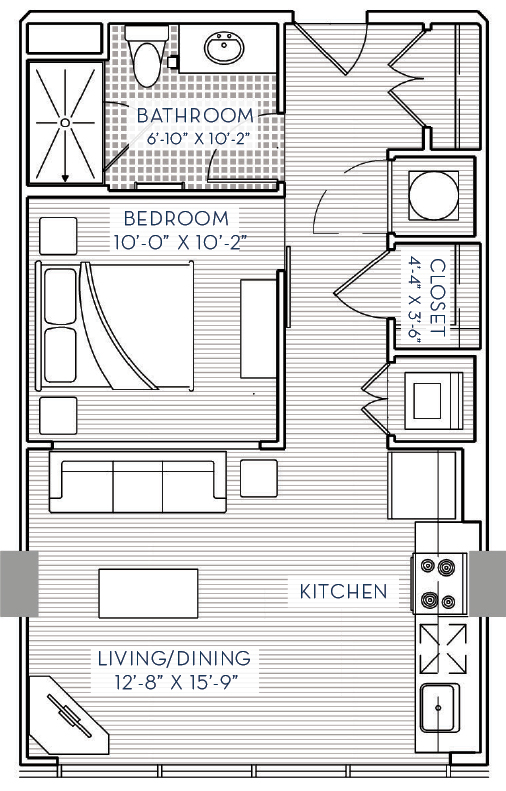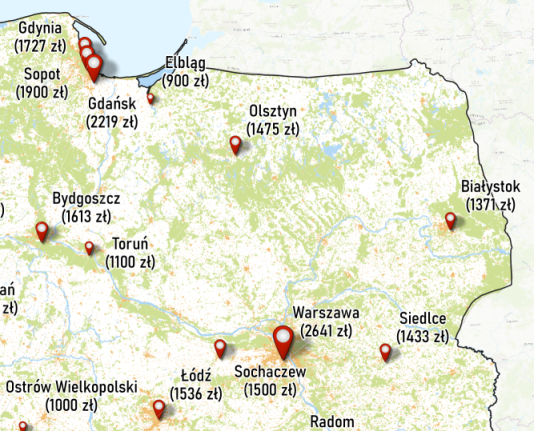
The TTC offers both adult and student fares depending on age or student status and passes are also available for frequent riders. It consists of six subway lines with more than 250 stations located throughout the city, as well as bus routes serving 1,100 bus stops and four streetcar routes. The TTC (Toronto Transit Commission) operates buses, streetcars, subways, and a commuter rail network in Toronto. Luckily, public transit is available throughout the city and it’s possible to get some form of public transit from almost every neighbourhood in the city. The city has a population of 2.79 million and spans over 600 square miles, which means that getting around can be difficult to do without a car. Transportation is an important aspect of life in Toronto and will likely be one of the biggest expenses you incur. If you want to buy a house close to downtown (which many people want), it will be more expensive because there are fewer houses available near the downtown area. The average price range for a house in Toronto ranges from $700,000 CAD to over $2 million CAD ($550k – $1.3m). The cost of buying a house is also high and varies by where you live in Toronto. The average monthly rent on a two-bedroom apartment is around $1,500 CAD and would be around $1,000 USD or €800 Euros. That same apartment would cost about $750 USD or $600 Euros. The average monthly rent for a one-bedroom apartment in Toronto is about $1,000 CAD, though prices can vary depending on location.

According to Numbeo it will cost you $1968 to afford a one-bedroom apartment in Downtown Toronto.


In fact, Toronto ranks as one of the top five most expensive cities for housing in Canada. This is due to the high demand for housing in Toronto it’s consistently among the most expensive cities for housing. Toronto is an expensive city to live in, and housing costs are a major contributor.


 0 kommentar(er)
0 kommentar(er)
